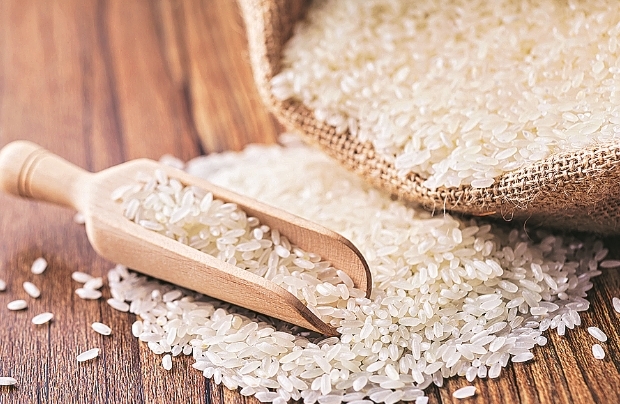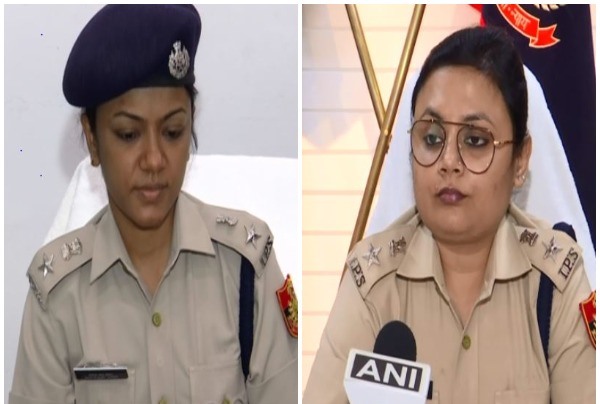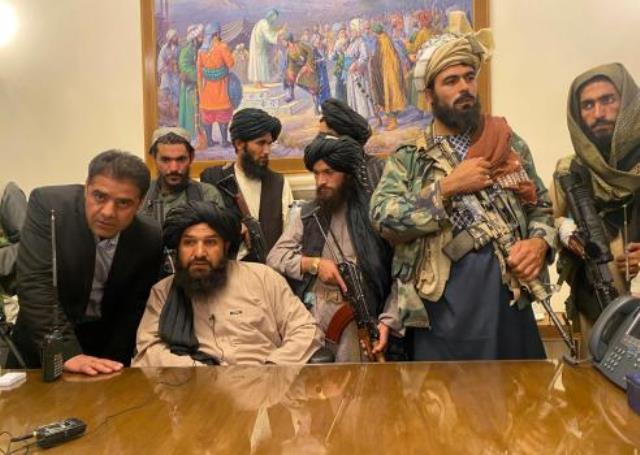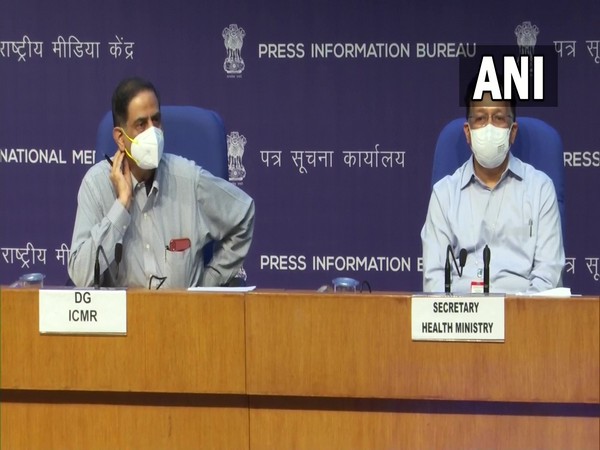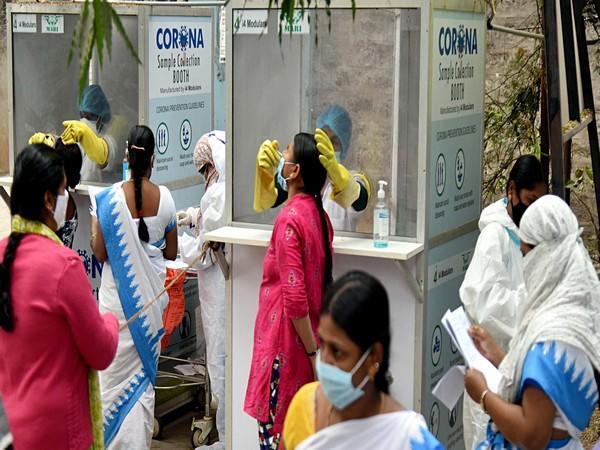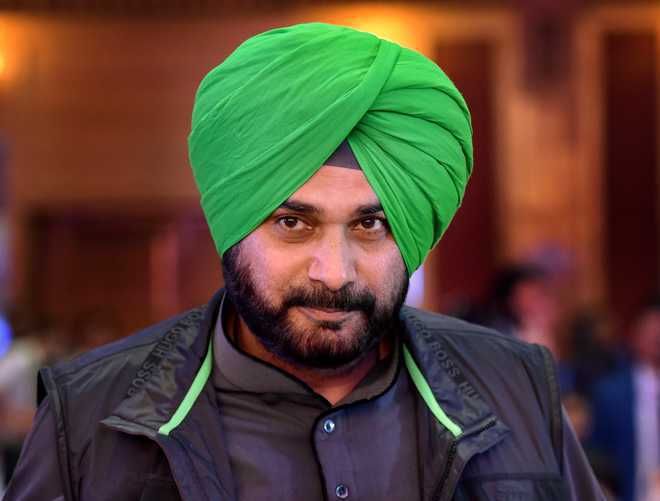The Supreme Court on Thursday took a view of the continued blockade of highways in Delhi-NCR due to farmers protests against the three agriculture laws and said that this can not be a perpetual problem.
A Bench headed by Justice said that the redressal of the issue can be through the judicial forum, agitation or parliamentary debates and asked how can highways be blocked.
The Bench said, “Redressal can be through a judicial forum, agitation or parliamentary debates but how can highways be blocked and this cannot be a perpetual problem. Where does it end?”
The Bench was hearing a plea of a woman resident of Noida seeking direction to ensure that the road between Noida to Delhi is kept clear so that the passage is not affected.
The apex court also said that implementation of the law is the duty of the executive and the Court has no means to implement it.
“If we encroach, then you may say that we have tresspassed on your domain. This has ramifications… but there are grievances which are to be redressed,” Justice Kaul told Solicitor General Tushar Mehta who was appearing for the Centre.
Solicitor General told the Bench that a high-level three-member committee was formed where the farmers were invited to speak as people should not suffer, but they refused to join saying they are not a party in the case before the top court.
“Let they (farmers) be impeded as a party in the case so that later they don’t say that they are not parties,” Mehta said.
To this, the apex court asked Mehta to move a proper application stating what have you done and how impleadment of some party will help in the resolution of the dispute.
Solicitor General said an application will be filed in this regard.
Allowing the Centre to file the application to implead some farmers, the Bench posted the matter for hearing on Monday.
Earlier, the Haryana government had told the apex court through an affidavit that sincere efforts are being made to remove the blockades from interstate roads and national highways and to resume free flow of traffic.
It has been said that the general public continued to face great hardship due to the blockades of roads and its persuading the farmers and farmers’ organisations to cooperate.
“Sincere efforts are being made to remove the blockades from interstate roads and national highways and to resume free flow of traffic on these roads for the convenience of the general public by way of persuading the farmers and farmers’ organisations to cooperate. Regular deliberations are being held by local administration from time to time to convince them to remove the blockades as general public is facing great hardship due to such blockades,” the affidavit stated.
The Haryana government has said that although the farmers did not meet the State Level Committee, constituted to resolve the issue of farmers’ protest on public spaces, the State government would continue to persuade protesting farmers to remove blockages on state and national highways.
Before that the Bench had asked Centre and State governments to find a solution to the blockade of roads due to the farmers’ ongoing protest against the three agriculture laws.
It had said that the protestors have a right to protest at a designated space but can’t block the outflow and inflow of traffic.
The Uttar Pradesh government had earlier also filed its affidavit and said that it’s making all efforts to make farmers understand that their act of blocking roads is causing grave inconvenience to travellers.
The top court had made it clear that it is not concerned about the issues of farm laws, which can be decided judicially, politically or administratively but limited to clearing of roads blocked by farmers.
Noida resident Monicca Agarwaal filed the plea in the apex court and alleged that her travel to Delhi takes about two hours instead of the normal 20 minutes.
She contended, that despite the various directions passed by the apex court to keep to and fro passage clear (the road), the same had still not happened.
Being a single parent who has some medical issues, Agarwaal said that it has become a nightmare to travel to Delhi. The plea said she stayed and worked in Noida, but since she had a marketing job, she had to travel frequently to Delhi. (ANI)
